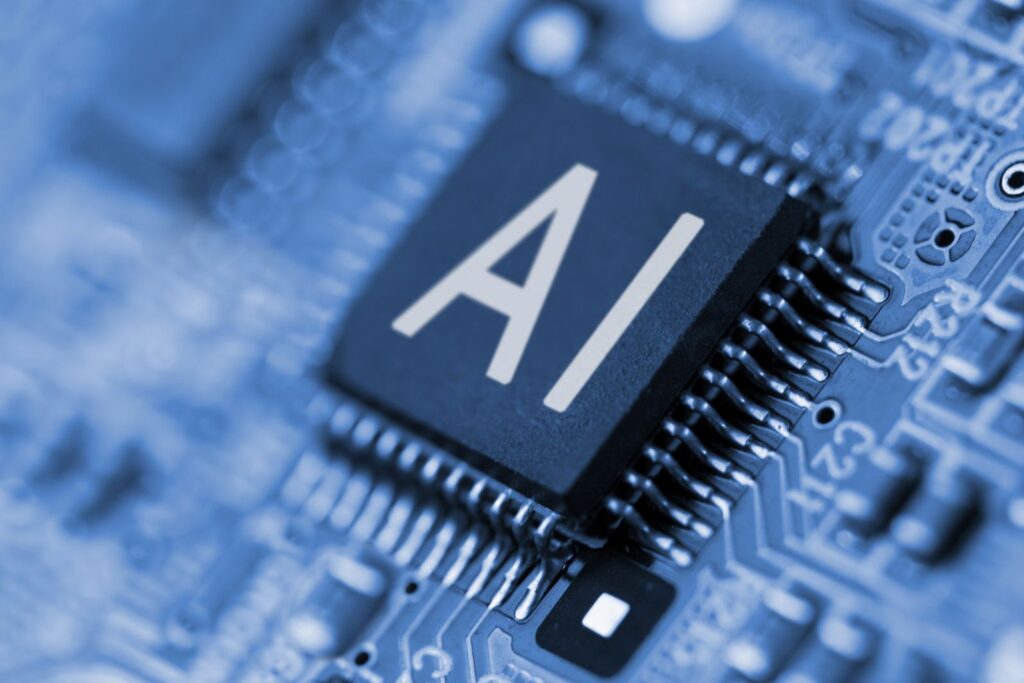Artificial intelligence (AI) and data science have significantly evolved over the past few years, and industries are becoming much faster to adopt them. Hence, advanced technical skills are now needed for career success. A program such as a machine learning course or a data science and AI course is not an option anymore; it is a necessity if you want to succeed in the present time data-driven economy. Modern accelerators come in to bridge the gap between theoretical knowledge and real, work-ready expertise.
Building Foundational Technical Mastery
A robust curriculum begins with programming fundamentals. It helps the learners to learn Python for data exploration, visualization, and preprocessing, then to dive into databases (SQL and NoSQL), cloud computing, and eventually big data tools. Real-world scenarios are simulated in hands-on projects, which really help you with scalable solutions. For example, the emphasis is on feature engineering — turning raw data into actionable insights — giving the professional a way to handle the various data types, from text to images. This sets the groundwork for the technical aspects that will help learners deal with complex datasets and deploy machine learning models quite efficiently.
Statistical Rigor Meets Practical Application
Understanding statistics is the backbone of effective data science. Courses delve into probability, hypothesis testing, and multivariate analysis, enabling learners to interpret results with confidence. Practical applications include optimizing models using matrix theory and singular value decomposition (SVD), while real-world case studies teach how to communicate statistical findings clearly. For example, mastering bias-variance tradeoffs ensures models generalize well beyond training data, a critical skill for minimizing errors in production environments.
Advanced Machine Learning Techniques
Beyond basics, accelerators explore advanced algorithms like decision trees, ensemble methods, and support vector machines. Through regularization and PCA, learners get rid of overfitting issues. Methods for predicting systems from implicit data, such as neural networks and deep learning frameworks, are introduced (i.e., TensorFlow and PyTorch), and generative AI systems—from text into image and code generation. Together with those modules, these modules place emphasis on ethical AI practices to eliminate model-building biases and promote regulatory compliance for ethical innovation.
Generative AI and Large Language Models
The future of AI lies in generative technologies. Courses cover transformer architectures, fine-tuning strategies, and retrieval-augmented generation (RAG), enabling professionals to adapt pre-trained models for specialized tasks. For instance, fine-tuning LLMs for healthcare or finance requires domain-specific data and parameter-efficient methods to reduce computational costs511. Learners also explore reinforcement learning from human feedback (RLHF), ensuring AI systems align with user intent and ethical standards.
Industry-Aligned Projects and Mentorship
Effective accelerators are those that focus on impact. Projects that align participants’ portfolio building with challenges in sectors like finance, health care, etc., e.g., predicting market trends or optimizing diagnostic workflow, are offered as participation. Career coaching helps learners articulate their value to employers, and mentorship from industry experts will provide learners with insights into deploying models at scale. Workplace dynamic is mirrored in collaborative environments, where teamwork and problem-solving under constraints are encouraged.
Electives for Specialized Domains
There are electives in natural language processing (NLP), computer vision, utilizing IoT. Take for example: courses in NLP are related to sentiment analysis and language modeling, and modules on IoT join the machine learning with data from sensors for predictive maintenance. Professionals are allowed to specialize in industries such as manufacturer, health care and fintech thereby making their skills relevant in small niche market.
Ethics, Leadership, and Lifelong Learning
As AI becomes part of any decision, the courses discuss ethical issues arising from data privacy, algorithmic transparency, etc. Debate around the societal impact of AI helps teach learners how to speak up against any form of inequity. Commercial acumen is the theme of Leadership modules, which teach professionals how to align technical projects with business goals. Communities of practice are encouraged for continuous learning so graduates continue to prosper even in a field that is changing rapidly.
Conclusion: Accelerating Career Trajectories
The course above is a computer science, data science and AI course or, more specifically, a machine learning course, and it’s more than technical training—it’s a career catalyst. These programs integrate the newest tools and ethical frameworks along with the industry’s collaboration to develop change agents into nimble, forward-thinking professionals. The learning participants take away, whether they are transitioning into AI or further in the field, is that they are ready to lead innovation, drive efficiency, and shape the future of work.
